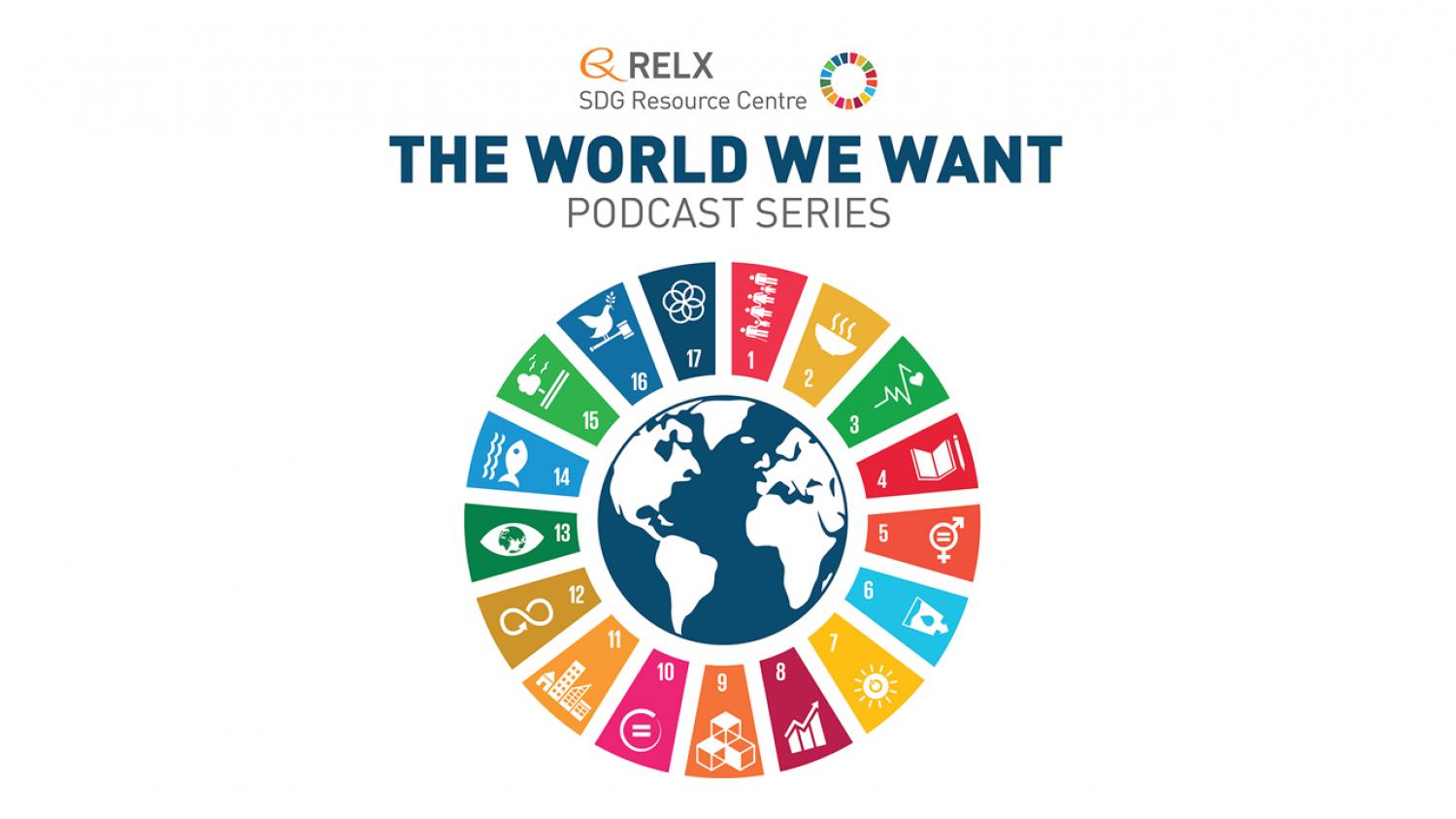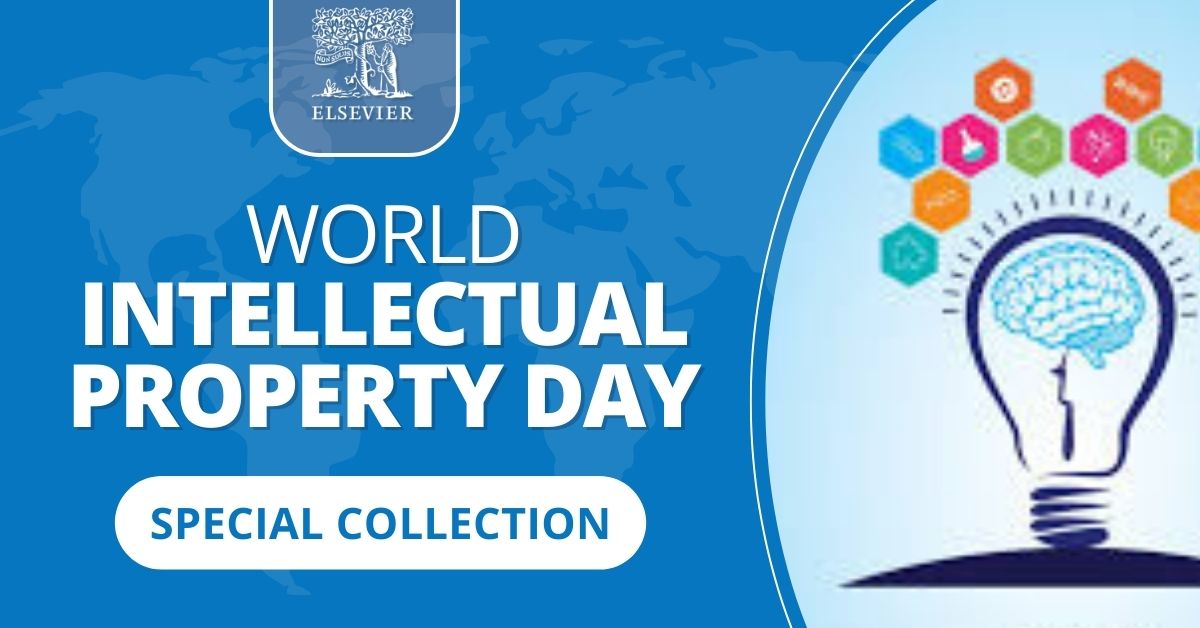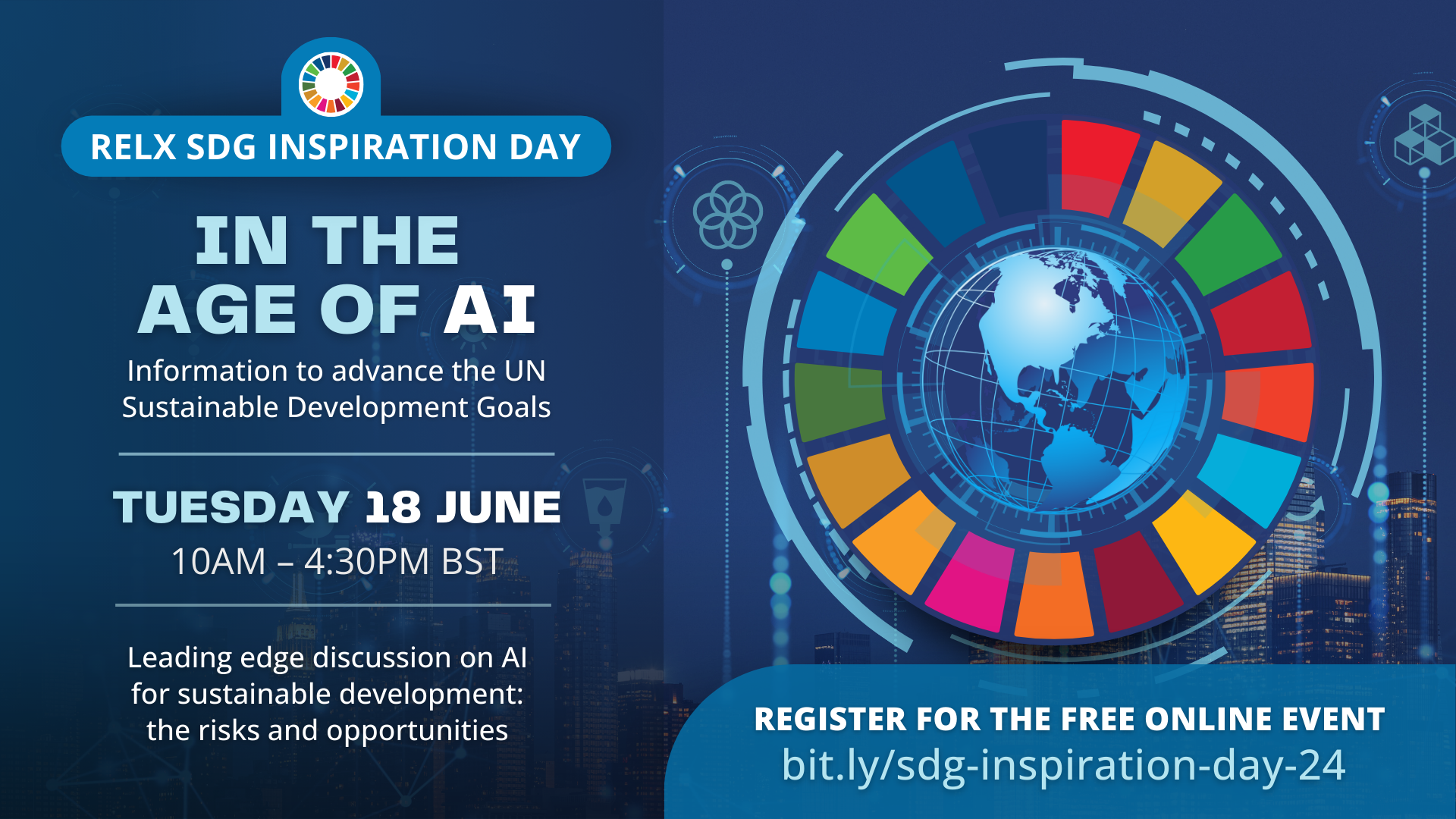The Covid-19 Response in New York City: Crisis Management in the Epicenter of the Epicenter, 2024, Pages 235-245
When news of the unprecedented surge at NYC Health+Hospitals hit the media, donations from all over the world poured into the facilities and health system. It was a heartwarming and heartbreaking response, and overwhelming all at the same time. How the system was able to handle the massive influx of well-intended goods from around the globe that were suddenly on the hospital's doorstep.
World Intellectual Property Day, observed each year on 26th April, is an opportunity to celebrate the contributions made by inventors and creators around the world and to explore how IP contributes to a flourishing of music and the arts and to the technological innovation that helps shape our world.
AI holds tremendous potential for advancing the United Nations Sustainable Development Goals (SDGs). AI, particularly generative AI, provides new opportunities to analyse data and trends at pace and scale to further knowledge, allocation of resources and action. Applications to address the global challenges presented by the SDGs such as poverty and hunger, human health, climate change, biodiversity and ocean degradation are potentially limitless. Upskilling and access to AI technology will be critical, but how can we avoid an AI divide between the West and the rest?
This paper provides a detailed review of the physical mechanisms and resonance theories of WPT technology, performance enhancement methods, application scenarios, and future research directions, aiming to provide a comprehensive reference for relevant practitioners and researchers to promote the various applications of WPT technology in modern technology fields.





